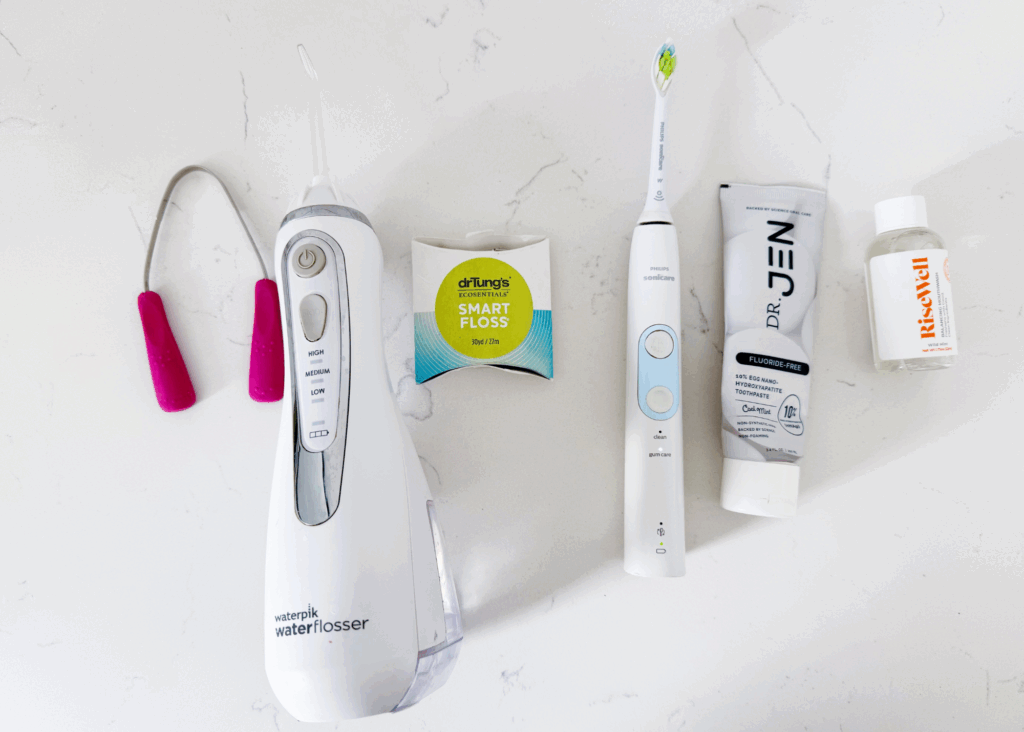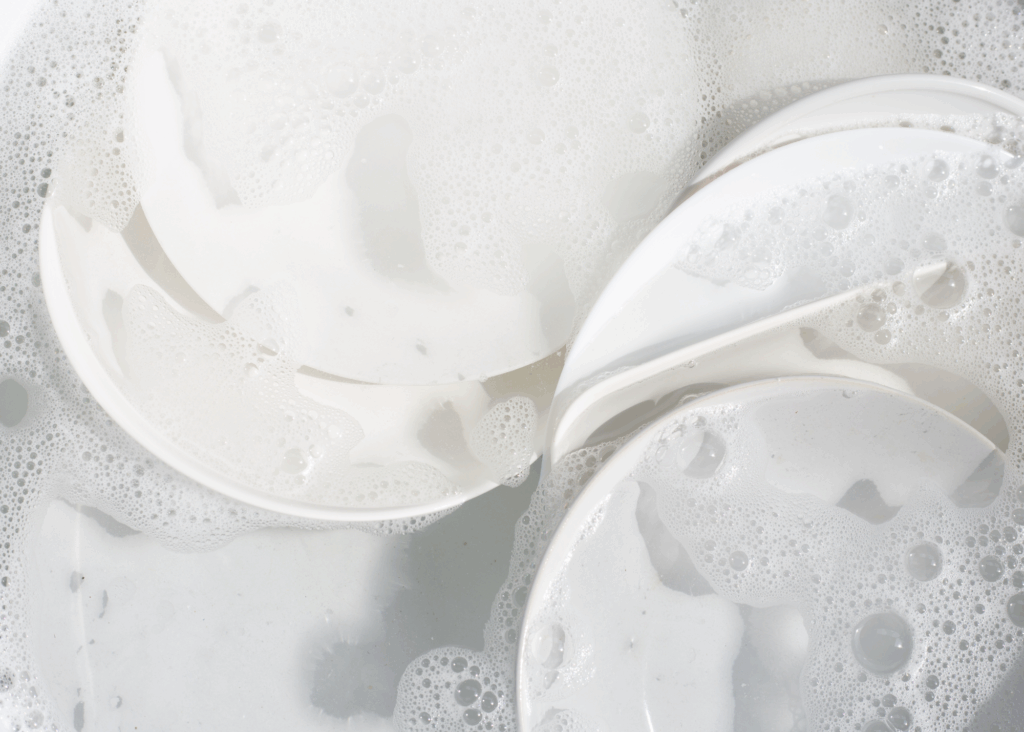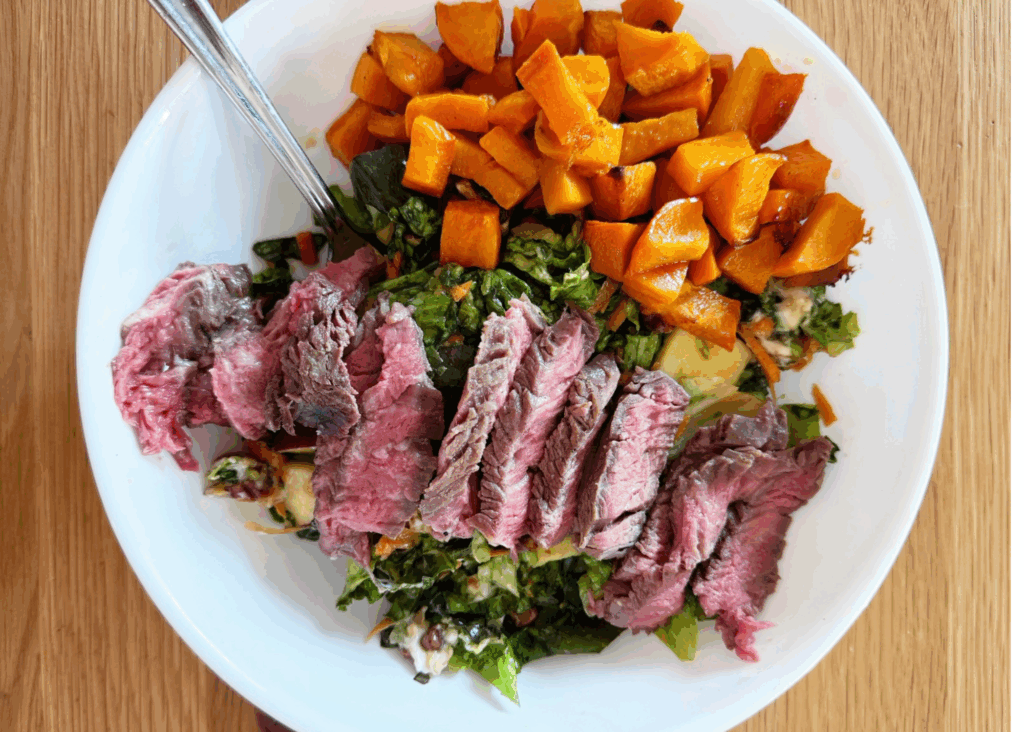My Holistic Oral Hygiene Routine Order

How many times have you gone to the dentist, feeling confident about your oral hygiene, only to find out you have tartar, receding gums, or *gasp* a cavity? Oral hygiene is so much more than brushing your teeth every day.
Over the past few years, I’ve come to realize the vital role the mouth plays in our overall health. In other words, what happens in the mouth, doesn’t stay in the mouth, it affects the whole body. Today, I’m breaking down my oral hygiene routine, so you know what products to use and in what order to use them.
*Affiliate Disclosure: I do have affiliate links in this blog post. If you purchase something from my link, I will receive a small commission from the sale. This comes at no cost to you, but is paid by the company. I do not take becoming an affiliate with any company lightly. If I am, it’s because I believe in the company and their product.
*Suzi(Gurl Gone Green) is a participant in the Amazon Services LLC Associates Program, an affiliate advertising program designed to provide a means for sites to earn advertising fees by advertising and linking to amazon.com.
Holistic Oral Hygiene Routine Order
In comparison to other parts of the body, the mouth can seem like a non-essential that requires nothing more than daily brushing and flossing.
However, this couldn’t be further from the truth. The mouth is a lever. It has the power to initiate a domino effect of health or disease in the rest of the body.
The right tools combined with the right products, in the right order, can optimize the health of the mouth and the whole body.
Having an oral care routine is great, but ensuring that each product and step builds upon the next is where the synergy happens. Improving your oral hygiene may mean switching to natural products, incorporating a new habit, or changing the order of your routine.

Why Is Oral Hygiene Important
Oral hygiene is about so much more than just fresh breath and a bright smile. Here are a few reason it is so important:
Supports whole body health
Oral hygiene helps control germs in the mouth and prevents tooth decay and gum disease. Bacteria from oral infections, if left unchecked, can enter the bloodstream and lead to health issues such as heart disease, pneumonia, even pregnancy complications.
Promotes better quality of life
Good oral hygiene makes for healthy teeth and gums which makes eating and even drinking less painful and more pleasurable. It also increases our confidence when speaking, smiling, and relating to others.
Reduces risk of infections
Maintaining good oral health can reduce the risk of infections by supporting saliva flow. Saliva helps wash away food and neutralize acids produced by bacteria. When gum disease or cavities are present, saliva can be impacted, leading to dry mouth. Oral health is especially important if you are on medications that reduce saliva flow.
How To Improve Oral Hygiene
Improving your oral hygiene doesn’t have to be complicated. With intentional habits and natural product swaps, you can support a healthier mouth—and body—every day.
Eat a nutrient-rich diet
- Foods high in calcium and vitamins (especially vitamin C and D) can help strengthen teeth and gums.
- Crunchy vegetables such as carrots and celery clean teeth and stimulate saliva.
- Reduce cavities and plaque buildup by limiting sugary and processed foods.
- A moist environment supports oral health. Drinking water is another way of keeping saliva flowing and oral tissues thriving.
Maintain good oral hygiene
- Brush your teeth in the morning and at night (and at other times if needed). Replace your toothbrush after 3-4 months or if you’ve been sick or notice that the bristles are worn down. If you have a Sonicare toothbrush and the blue bristles are worn down, then it’s time to replace the brush head.
- Floss before bed to remove plaque and food particles.
- Use a tongue scraper in the morning and night to remove bacteria that may have built-up.
- Use mouthwash morning and night as a final cleansing rinse.
- Use mouth tape at night if you’re a mouth breather. An overlooked contributor to cavities is mouth-breathing. When we breathe through our mouths, not only are we taking in less oxygen, but the oral tissues and teeth get “dried out”, reducing the good cavity-protection that our saliva provides. This drops the pH to a more acidic state and changes the oral microbiome.
Switch to natural oral care products
- Choose gentle, all-natural toothpastes. Avoid harsh ingredients such as, fluoride, Sodium Lauryl Sulfate, parabens, PEG or Polyethylene Glycol , Triclosan, and artificial colors.
- Choose a toothpaste with natural ingredients such as activated charcoal, coconut oil, or hydroxyapatite for remineralization.
- Choose herbal or essential-oil based mouthwashes for their antibacterial properties and avoid mouthwashes with alcohol, fluoride, PEG, parabens, and Sodium Lauryl Sulfate.
Find holistic dental care
- A holistic dentist can provide dental cleanings that use chemical-free plaque removal, ozone treatment, and non-toxic materials for fillings and other dental work.
- The International Academy of Oral Medicine and Toxicology(IAOMT) is a great resource for finding a holistic dentist. https://iaomt.org/
Related Content: My Holistic Oral Health Approach
What Is The Correct Order For Oral Hygiene The Holistic Way

Here’s the order for my morning routine:
1.Scrape tongue
2. Brush teeth
3. Use mouthwash
Here’s the order for my nighttime routine:
1. Tongue Scraper
2. Floss/Waterpik
3. Brush teeth
4. Use mouthwash

Now that you know what I do and the order I do them, I am going to share a little more details about each.

Scrape Tongue – am/pm
Until a few years ago, tongue scraping wasn’t on my radar, let alone part of my morning oral care routine.
However, once I discovered that according to Ayurvedic tradition, tongue scraping is a tried and true way of eliminating toxins released during the night so as not to swallow them in the morning, I was all in! I don’t like the thought of re-ingesting these waste products when I drink my water or coffee, so this is one of the first things I do when I get up in the morning. Plus, tongue scraping is a great way to remove odor-causing bacteria. I do this both am and pm routines to remove bacteria that may have built up.
I scrape my tongue 7-14 times from back to front. One of my favorite tongue scrapers is DrTung’s Tongue Scraper.

Brush Teeth – am/pm
I think we can all agree that brushing our teeth twice a day is non-negotiable.
Brushing our teeth is like the first line of defense for removing plaque, preventing cavities, and maintaining healthy gums.
l use a Sonicare toothbrush because it has been clinically proven to deliver a superior clean compared to a manual toothbrush. However, you can still get a deep clean with a regular toothbrush with soft bristles and a small head to reach all areas of your mouth. A soft bristled toothbrush is less likely to cause tooth sensitivity, contribute to gum recession, or erosion of tooth enamel.
What’s nice with an electric toothbrush is with a press of a button, you have a built-in timer to know when to stop brushing your teeth. Two minutes is the general recommendation for a thorough cleaning.
Unfortunately, when it comes to toothpaste, we can’t just incorporate any toothpaste into our oral health routine and expect the same results. Different toothpastes, different results.
Some of the ingredients to look for in a natural toothpaste:
- Xylitol – occurs naturally in small amounts in fibrous fruits and vegetables, trees, corncobs, and even the human body.
- Activated Charcoal – has small pores that trap toxins and prevent them from being absorbed in the body.
- Coconut Oil – consists primarily of medium chain fatty acids which are antimicrobial and have antioxidant properties.
- Essential Oils – a natural and preferable option to artificial flavorings plus they have an antibacterial effect.
- Hydroxyapatite – a mineral that helps to strengthen teeth and remineralize them.
While there are a number of good natural toothpastes on the market today, I use Dr. Jen’s Toothpaste, because it seems to be the most effective at remineralization. After talking with my biological dentist, a toothpaste needs to contain at least 10% nano-hydroxyapatite for remineralization to occur. Dr. Jen’s toothpaste contains 10% nano-hydroxyapatite, clean ingredients, and a strawberry flavor my kids love.
While there has been some controversy around nano-hydroxyapatite, the European Commission did a study regarding nHAp in toothpaste, and in 2023 they released their findings, announcing that as long as the crystal size is rod-shaped and the concentration is 10%, nHAp is safe to use in toothpaste. Dr. Jen’s Toothpaste only uses rod-shaped crystals which has been deemed safe by the European Commission after 7 years of studying it. Shop Dr. Jen here and use code GURLGONEGREEN to save 10% off your purchase!
A more recent find for me FYGG toothpaste. There’s been some controversy around toothpaste for kids and heavy metal content. While no one should be swallowing toothpaste, you still want to make sure you’re using the safest toothpaste out there. That’s where the brand FYGG comes in. Not only is their toothpaste clean when it comes to ingredients but they third party test for heavy metals. Not sure why more toothpastes aren’t doing this! But regardless- my kids love this one and I love it for the safety aspect! Get it here and use code: GURLGONEGREEN for 15% off.
Related Content: Best Natural Toothpaste Brands
Floss Teeth – pm
Flossing is an essential part of a nighttime oral care routine. Just because you can’t see food particles stuck between your teeth, doesn’t mean they aren’t in hiding. Besides food particles, plaque can build up and flossing can get into those nooks and crannies beyond the reach of your toothbrush. Who wants trapped food fermenting in their mouths all night?
Removing plaque in its infancy is important because it can turn into tartar, which opens the door to dental issues.
Flossing can also preserve your gums by preventing bacteria from making their way into your gums and causing inflammation or recession of the gums.
The current floss I am uses is Dr. Tung’s Smart Floss. This floss is PTFE/PFAS and BPA free. It also expands when you use it to get in any tight spaces between your teeth.
I also like using my waterpik. It uses a powerful mix of water pressure and pulsating action to remove up to 99.9% of plaque bacteria from treated areas—helping to prevent gingivitis, cavities, and bad breath. A great addition to any oral care routine!

Use Mouthwash – am/pm
I’m not going to lie, mouthwash is my favorite part of my oral care routine. It’s the finishing touch, the lighting of a candle if you will of a clean mouth.
I incorporate mouthwash at the end of my morning and night routine.
AM
Even if you go to bed with a clean mouth, bacteria can multiply because saliva production decreases. Mouthwash is the last checkpoint to ensure that all bacteria are accounted for and eliminated and bad breath is neutralized.
PM
Using mouthwash at night can decrease the bacterial load and prevent plaque and tartar from forming. I use Risewell Balancing Mouthwash because it contains hydroxyapatite and freshens your breath like none other. Shop Risewell here and use code GURLGONEGREEN to save 10% off!
Related Content: Best Natural Mouthwashes
What do you include in your holistic oral hygiene routine? Share below!


